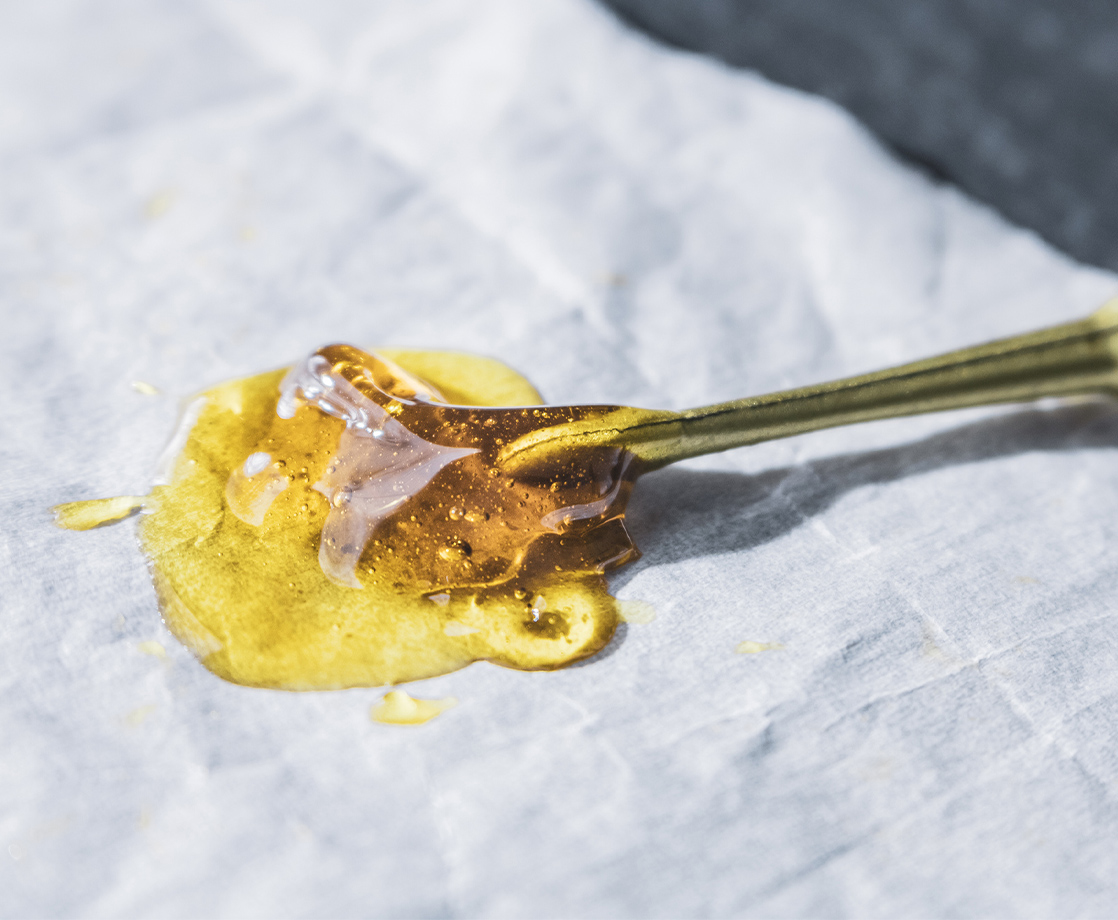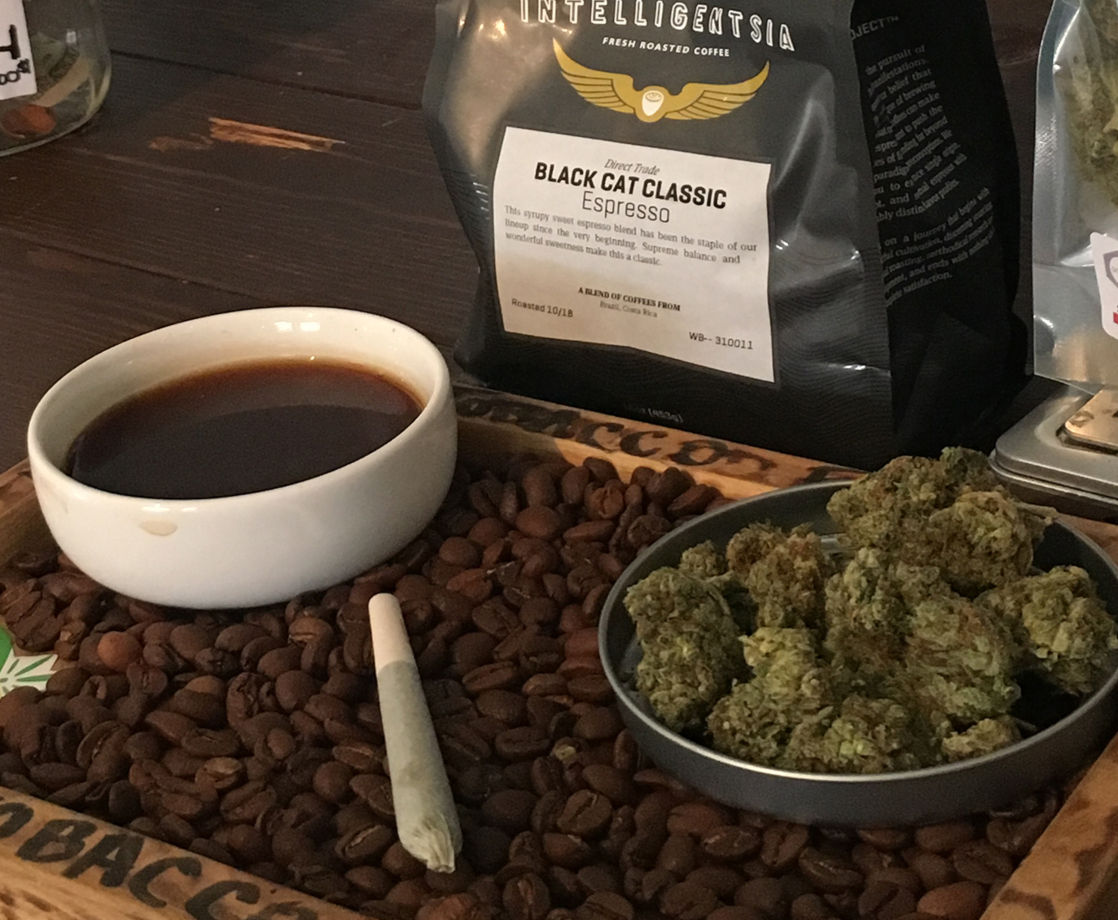Pot companies often boast that their extracts, such as sauces, waxes, shatters, and other oils can contain more than 90 percent THC by weight. In fact, the extracts market is one of the fastest-growing segments of the burgeoning weed industry. In Washington State, extracts account for just under half, or 40 percent, of all legal weed sales. Yet a new THC-limit bill recently introduced there could kill not only the local extracts scene, but wreck the entire state’s recreational weed industry as a whole.
Last week, Washington’s legislature performed its first reading of HB 2546, described as “an act relating to the potency of marijuana products.” If approved as-is, the bipartisan bill would limit all licensed retail marijuana products to just 10 percent THC. That means all vape pen cartridges, edibles, flower, hash, extracts, and topicals could contain no more than 10 percent THC by weight. Medical cannabis products, however, would be unaffected by the bill. Similar bills previously introduced in other states, such as Colorado, failed spectacularly.
So, why even impose this THC limit? According to the bill’s language, it’s the same old Reefer Madness trope. “The legislature finds that health professionals and researchers continue to find an association between the use of high-potency marijuana and the occurrence of psychotic disorders.”
The reasoning behind this bill makes no fucking sense. If potent weed products cause psychosis, why is it OK for medical patients — many of whom live with disabilities — to develop these supposed psychoses from high-potency products, but not retail customers?
Furthermore, we know alcohol contributes to psychosis, violence, and antisocial behaviors. If we’re going to put limits on THC content, why are ultra-potent alcohol products like Everclear, well, in the clear?
“[T]he proposed 10 percent THC cap is an arbitrary one,” wrote NORML’s Deputy Director, Paul Armentano, to MERRY JANE in an email. “While greater THC concentrations influence drug effects, it must also be acknowledged that THC is not toxic nor can it cause lethal overdose, regardless of potency.”
“Greater educational efforts should be made so that would-be customers better understand the potential side-effects associated with great potency products,” he continued. “By contrast, banning these products will only drive producers and customers underground, which is not in the interest of public safety.”
Besides pushing consumers toward an unregulated illicit market, this 10-percent cap would pose some serious financial problems for an industry that’s already struggling with high taxes and excessive regulations. For instance, most marijuana flower contains anywhere from 15 to 30 percent THC. This new rule would require all of Washington’s licensed pot growers to start over and develop entirely new genetics for plants that consistently generate less than 10 percent THC.
If passed, HB 2546 would likely cause hash to vanish from the shelves. Every edible’s recipe would need to be completely overhauled to comply. And extracts and vape cartridges would require additional cutting agents to dilute the oils from an average of 80 to 90 percent THC, too.
“If you come into the store saying, ‘I want to get high, please give me a concentrate with 10% THC or less,’” said Washington-based weed marketer Christine Bryant to Leafly, “the response is likely going to be, ‘You will not feel intoxicated.’”
In other words, the proposal would royally screw Washington’s weed industry. All retail cannabis products would need to be remanufactured, recultivated, and repackaged and labeled. The cost would be so enormous it could tank many, if not most, of the state’s licensed producers.
If HB 2546 becomes law, it would only have one real winner: Washington State’s government. Low potency weed products means regular consumers would need to buy much, much more to maintain the same level of intoxication as older products could. While the industry would have to foot all of the costs, the state would bank on increased tax revenues by legally mandating weak AF pot products.
Follow Randy Robinson on Twitter











